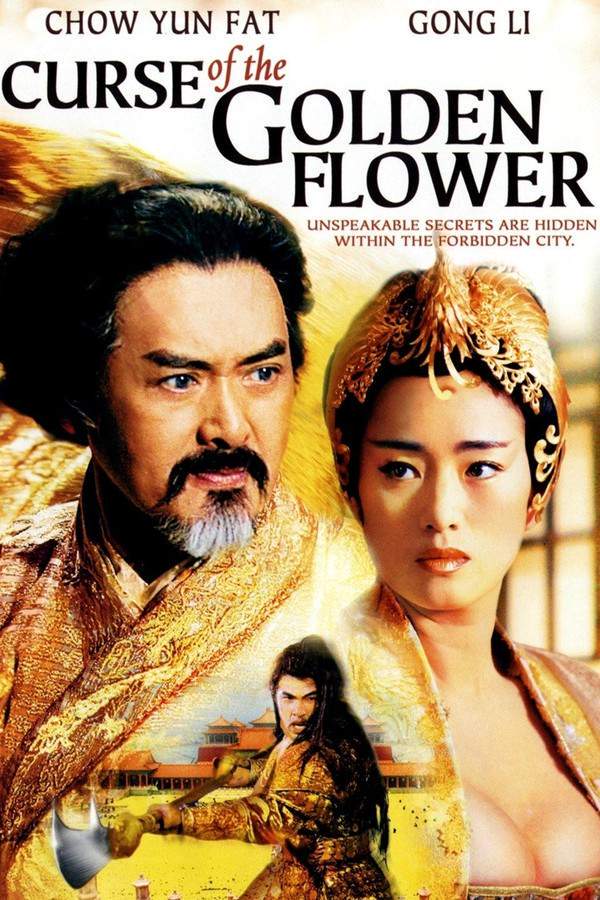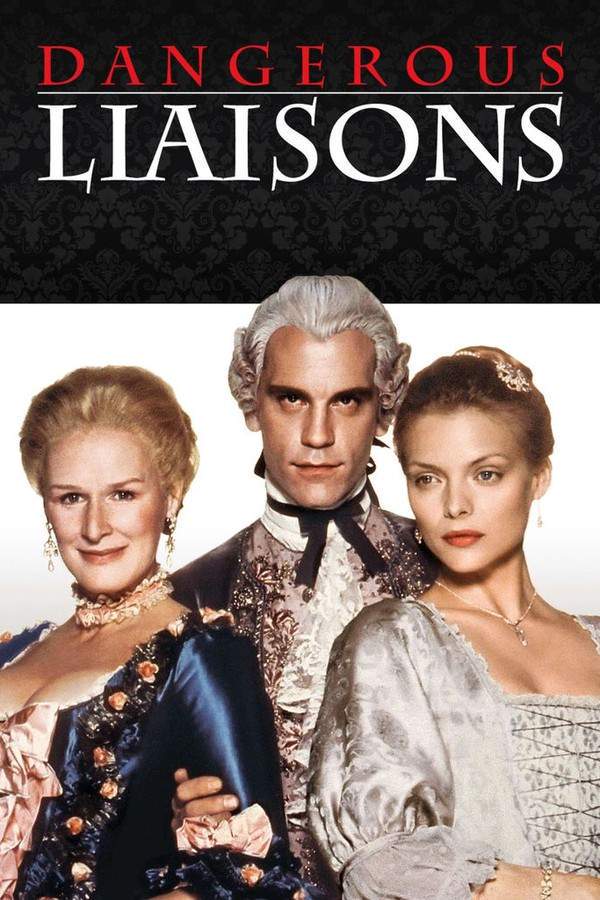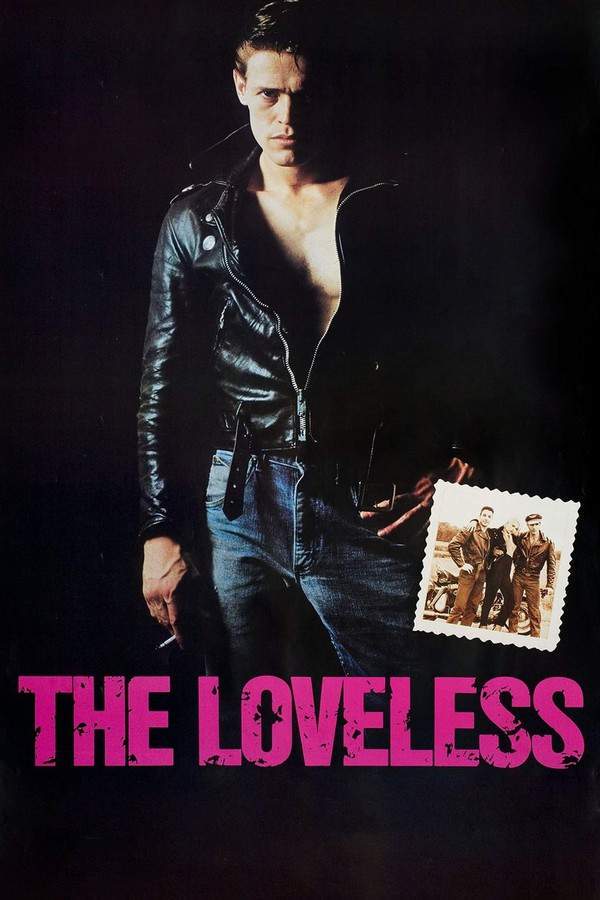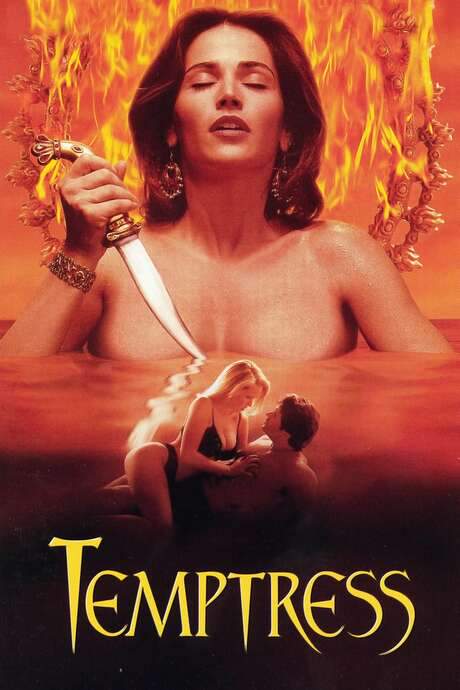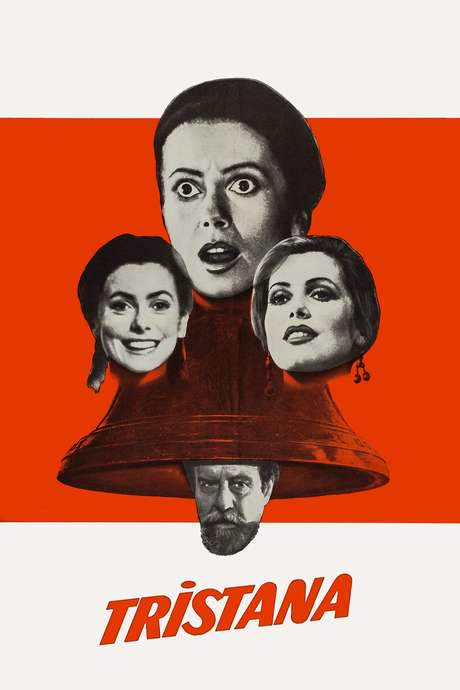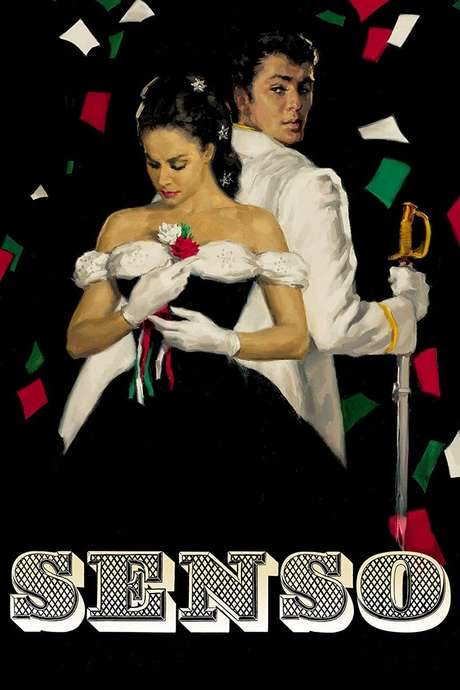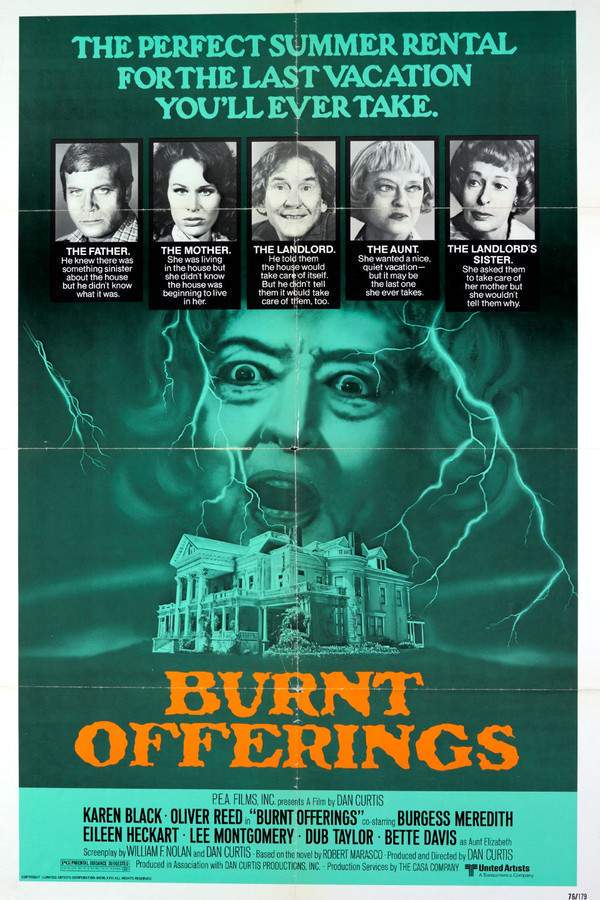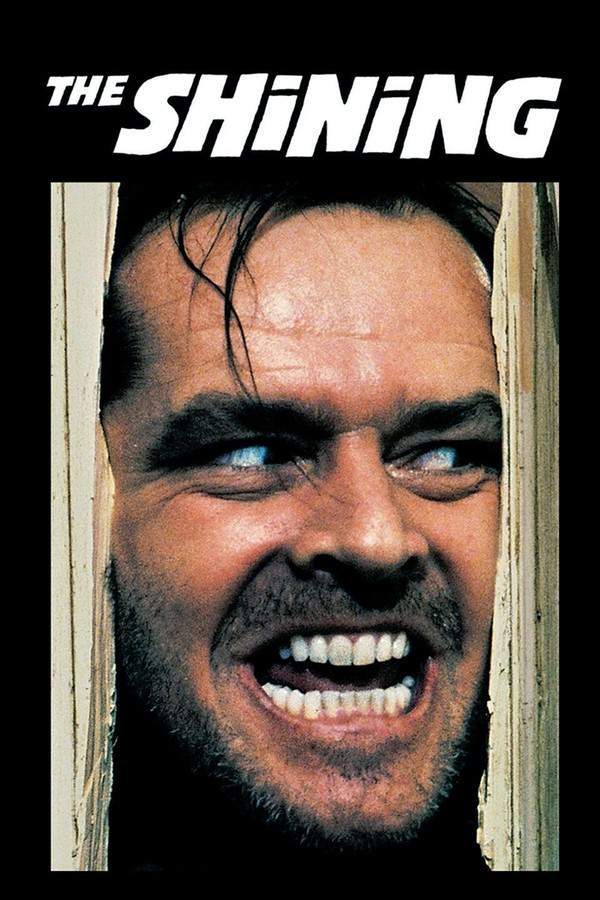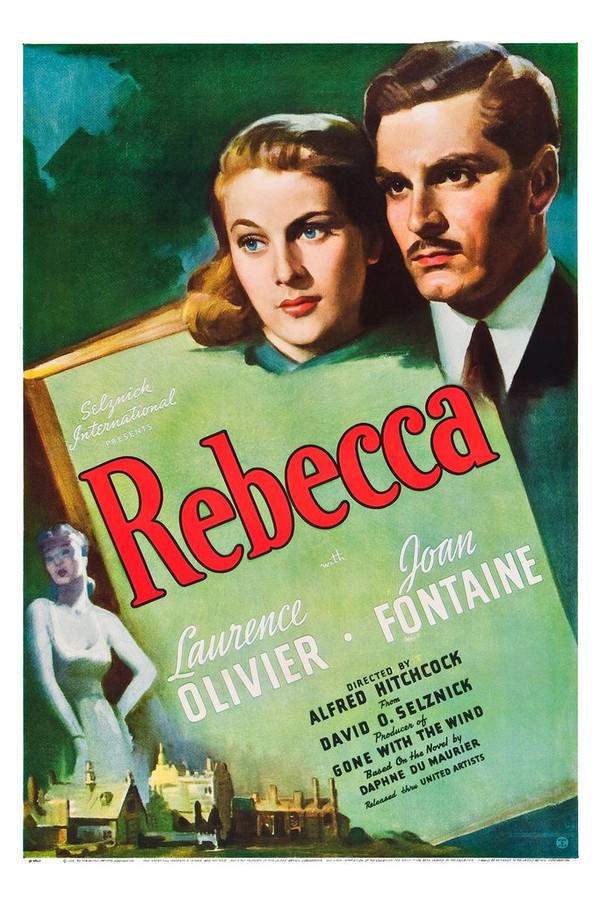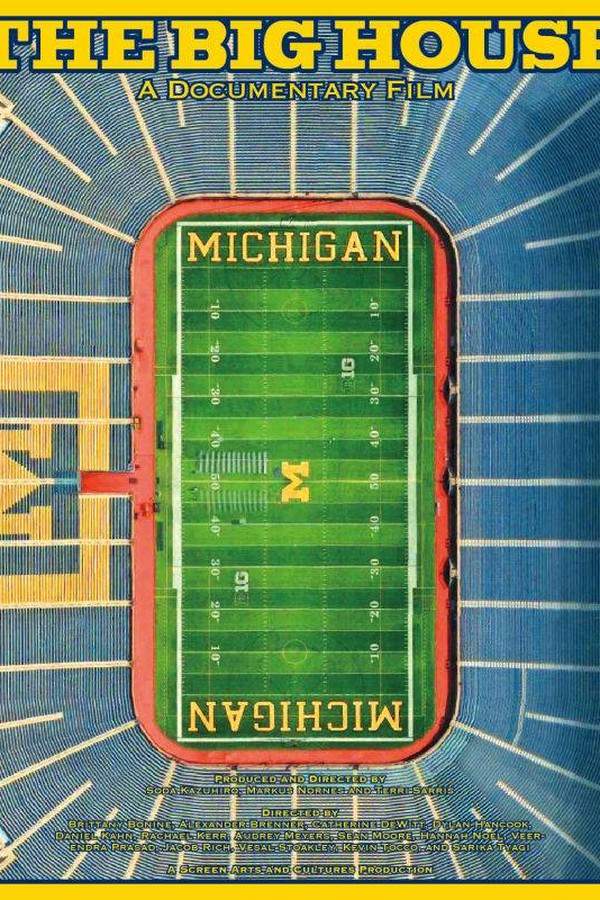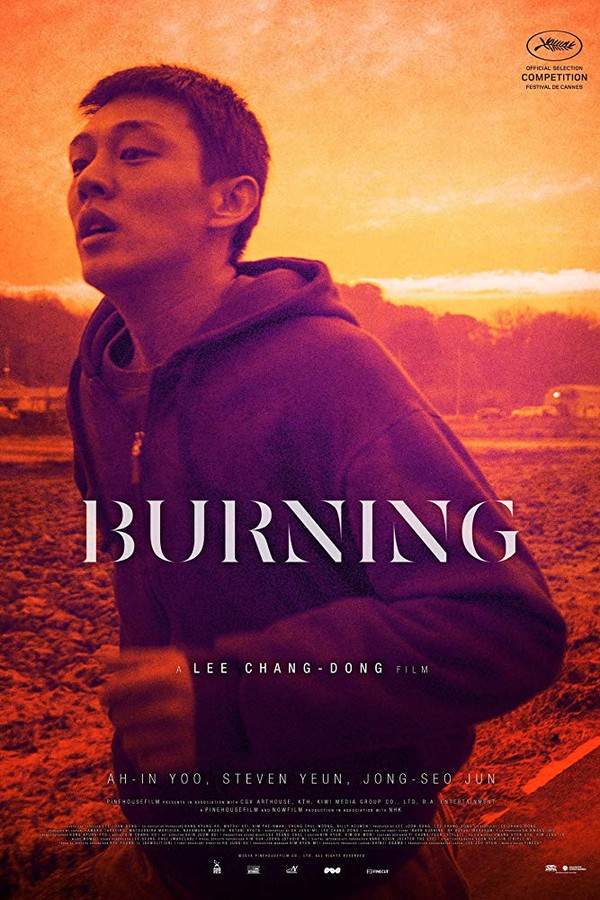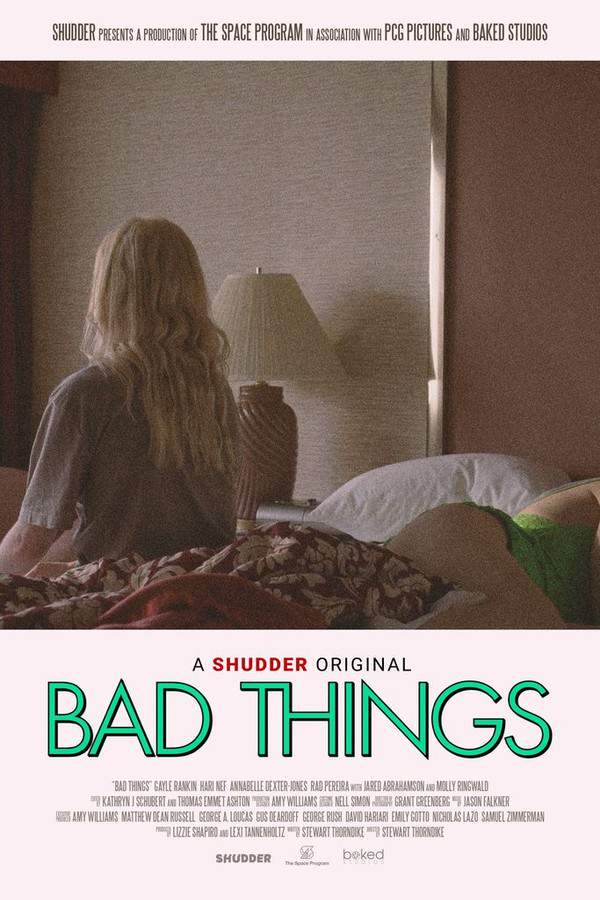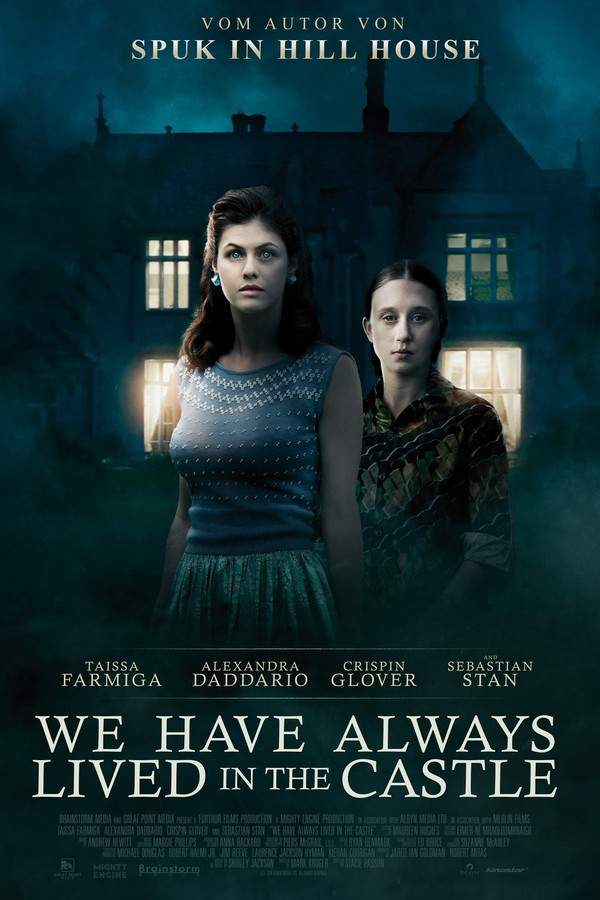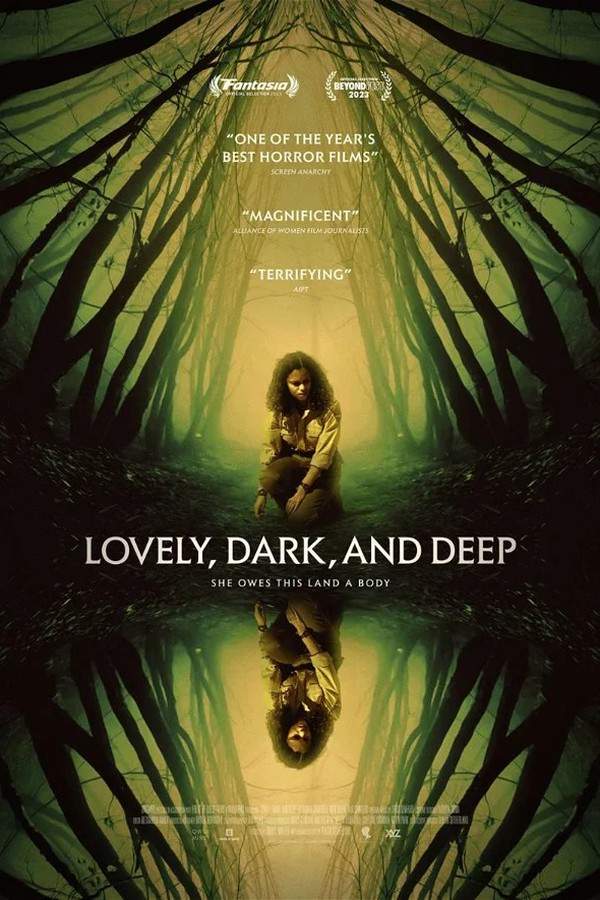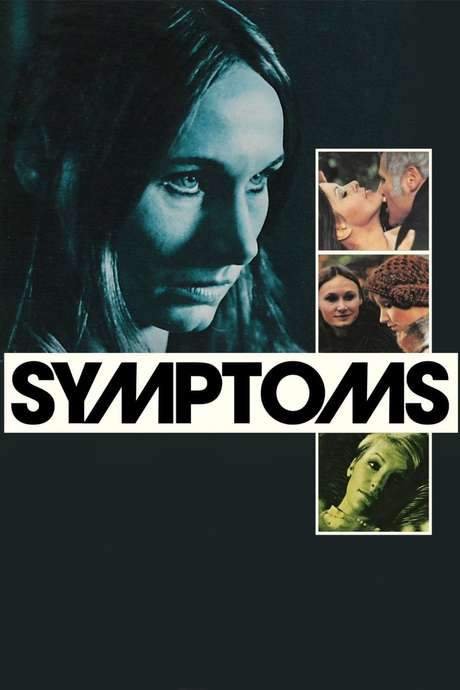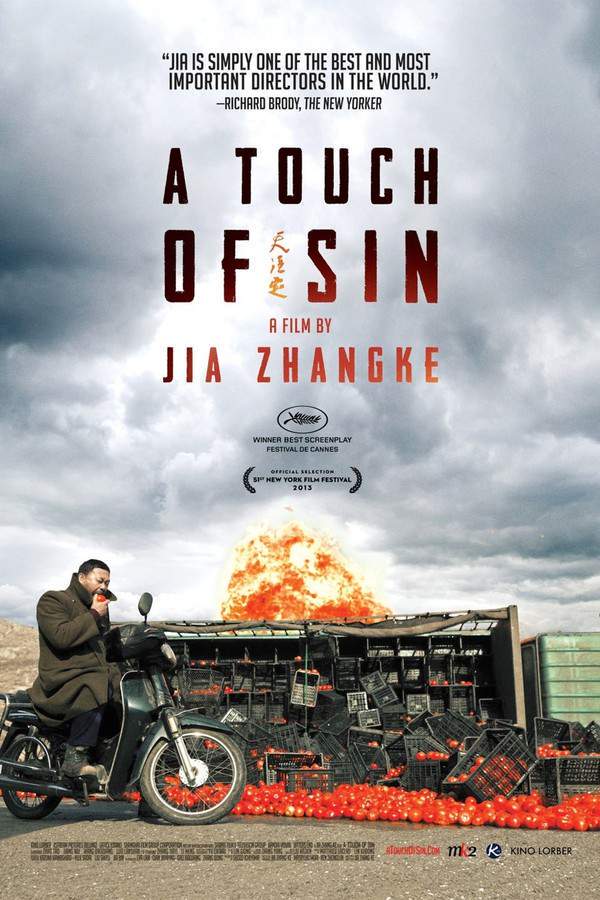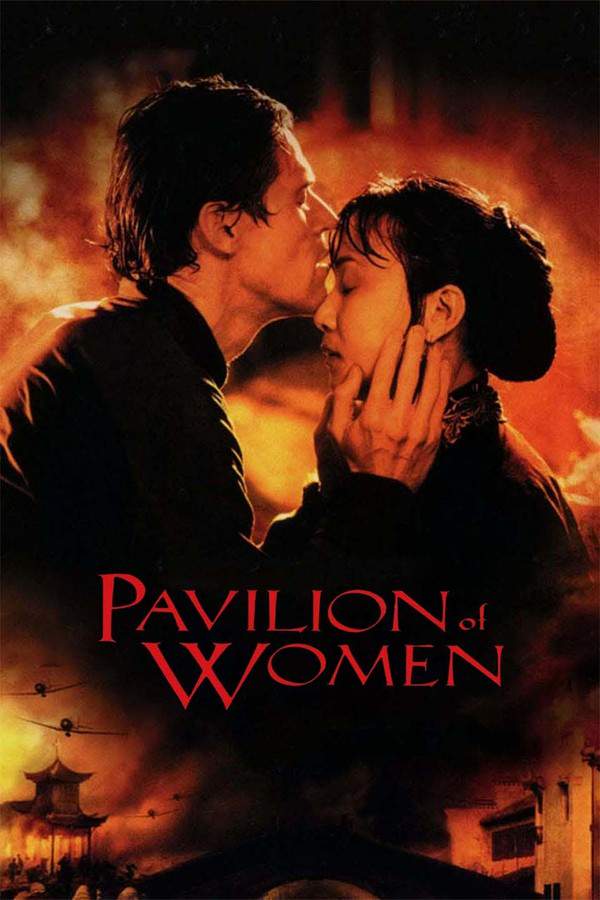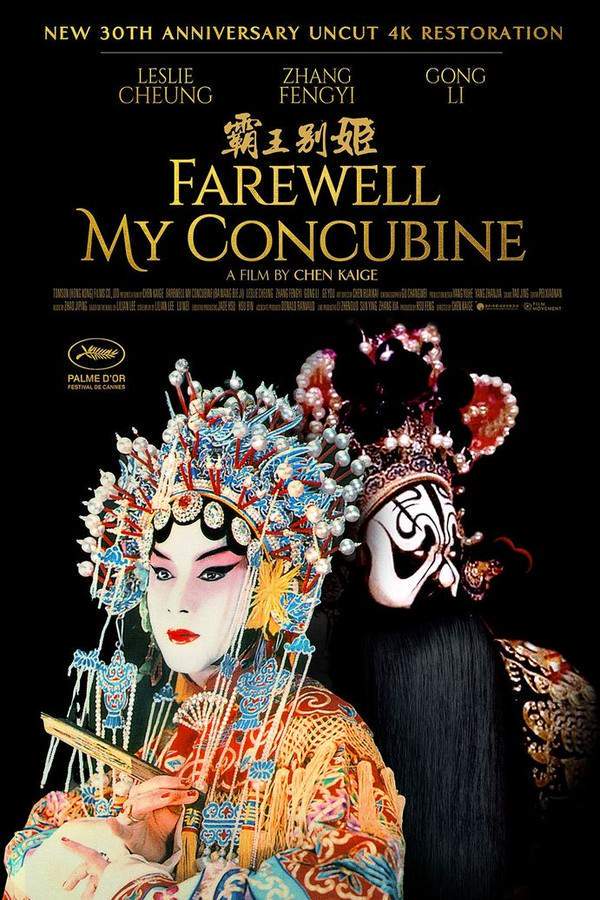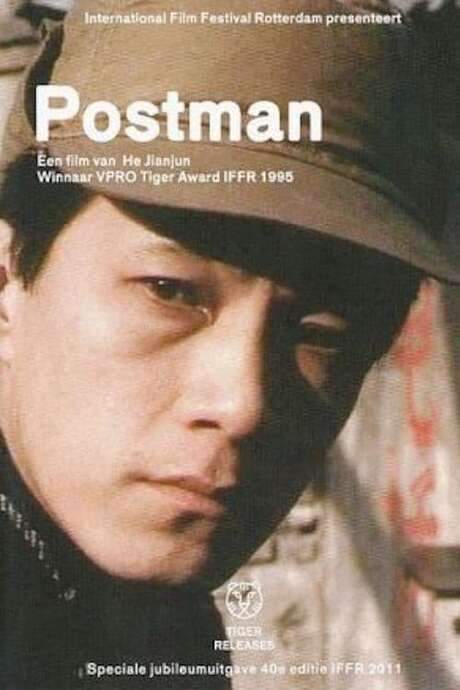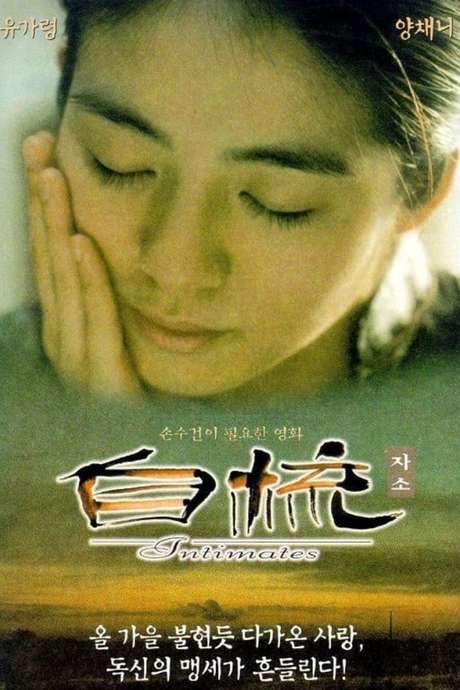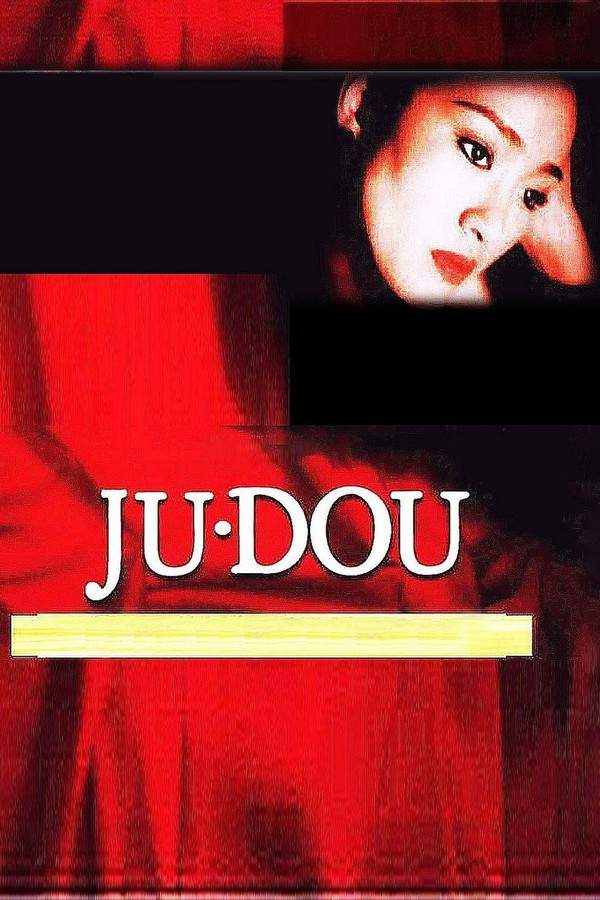
Ju Dou
Year: 1991
Runtime: 1 h 35 m
Language: chinese
Directors: Yimou Zhang, Fengliang Yang
Set in a remote Chinese village, a newly wed woman endures the cruelty of her husband, the domineering owner of a silk‑dyeing workshop. Seeking escape, she begins a clandestine affair with her husband's nephew, which brings fleeting comfort. When she discovers she is pregnant, the secret threatens to unravel their fragile world.
Warning: spoilers below!
Haven’t seen Ju Dou yet? This summary contains major spoilers. Bookmark the page, watch the movie, and come back for the full breakdown. If you're ready, scroll on and relive the story!
Ju Dou (1991) – Full Plot Summary & Ending Explained
Read the complete plot breakdown of Ju Dou (1991), including all key story events, major twists, and the ending explained in detail. Discover what really happened—and what it all means.
In the early 20th century, life in a rural Chinese dye mill unfolds around complex loyalties and forbidden desire. Tianqing, Baotian Li, returns from a silk-selling trip to work for his adoptive uncle, Jinshan, Wei Li, a notorious and brutal factory owner. A fired worker warns Tianqing that Jinshan has recently taken a new wife after beating his two previous spouses to death for failing to bear him a son; the cruel irony is that Jinshan is impotent. Upon meeting Jinshan’s new wife, Ju Dou, Ju Dou Gong Li, Tianqing finds himself strangely drawn to her, and a dangerous tension takes root in the otherwise quiet world of the dye works.
Tianqing’s growing fascination deepens as he becomes part observer and reluctant catalyst in Ju Dou’s suffering. Jinshan subjects Ju Dou to night-time torments, and Tianqing quietly discovers the couple’s private space and the hidden bruises that mark Ju Dou. Ju Dou, who senses Tianqing’s gaze, shifts his view from objectification to humanity, and what begins as a wary curiosity gradually deepens into something more intimate and consuming. Their bond intensifies until passion overtakes prudence, and Ju Dou becomes pregnant with Tianqing’s child. To protect themselves from a society that would scorn their relationship, they deceive Jinshan by presenting the pregnancy as his own. The shock of Jinshan’s stroke, which leaves him paralyzed, abruptly compounds the crisis, forcing them to navigate a fragile balance of power and secrecy.
When Ju Dou confesses the truth, Jinshan’s response is ferocious. He attempts to kill the unborn child and set the house aflame, but Tianqing intervenes, restraining him by suspending him in a barrel so he becomes a powerless witness to the couple’s defiance. In a desperate bid to end the scandal, Ju Dou seeks an abortion at a temple nunnery. Yet the power Jinshan holds over the household extends beyond the couple: he continues to exert influence over the child, Tianbai, who is the son he named, and who grows up under the shadow of his “Father.” The tension of control and vengeance culminates in a tragic turn when Jinshan, in a moment of perilous pride, falls into a dye vat and dies, while Tianbai—now an angry teenager—looks on with a cold, unresolved gaze.
Seven years pass, and Ju Dou and Tianqing run the dye mill as Tianbai, now a volatile young man portrayed by a new presence on the scene, grows increasingly antagonistic toward rumors of his parents’ infidelity. A pivotal confrontation escalates when Tianbai confronts a local gossip, and Ju Dou finally reveals the truth about his lineage. The revelation drives a rift between the adults, and their last encounter unfolds in a dangerously cramped cellar with limited air. Exhausted and overwhelmed, Ju Dou and Tianqing fall asleep or drift toward unconsciousness as Tianbai confronts them. He drags them out into the room, and in a climactic and brutal act, drowns Tianqing. Ju Dou responds with a final, fatal act of her own: she sets fire to the mill, sealing a passion and a conflict that have consumed three generations.
This film crafts a stark, somber portrait of desire, power, and fate, where private yearnings collide with public expectations and each act of resistance exacts a heavy price. The relationship at the center—between Tianqing, Ju Dou, and Jinshan—unfolds within a harsh social landscape that values lineage and control over individual happiness, leading to consequences that ripple through the lives of Tianbai and the others connected to the dye mill.
Last Updated: October 05, 2025 at 11:08
Explore Movie Threads
Discover curated groups of movies connected by mood, themes, and story style. Browse collections built around emotion, atmosphere, and narrative focus to easily find films that match what you feel like watching right now.
Movies about forbidden love in oppressive systems like Ju Dou
Desperate romances that challenge and are crushed by rigid social orders.If you liked the tragic romance of Ju Dou, explore other movies where forbidden love defies a cruel social order. These films share a heavy emotional weight and bleak tone, depicting characters whose desperate passions clash with unchangeable, patriarchal, or feudal worlds.
Narrative Summary
The narrative follows characters who find solace in a secret relationship that defies the oppressive rules of their world. This rebellion initially offers hope but inevitably triggers a chain of consequences, leading to discovery, punishment, and a fated, catastrophic ending.
Why These Movies?
These films are grouped by their core conflict: human desire versus an immovable system. They share a dark tone, high emotional intensity, and a focus on the devastating cost of seeking freedom within a cage, resulting in a coherently tragic viewing experience.
Slow burn dramas with a claustrophobic vibe like Ju Dou
Stories where tension builds relentlessly within a suffocating environment.Find movies like Ju Dou that use a slow pace to build a suffocating atmosphere. These similar dramas and thrillers trap characters in confined, oppressive worlds—be it a family home, a village, or an institution—where dread builds relentlessly towards a heavy, often bleak conclusion.
Narrative Summary
The narrative unfolds gradually, emphasizing atmosphere over rapid plot twists. Characters are trapped physically and psychologically, with the confined setting amplifying their conflicts. The slow pacing allows dread to accumulate organically, making the eventual eruption of violence or tragedy feel both shocking and inevitable.
Why These Movies?
These films are united by their shared pacing and atmospheric focus. They prioritize a palpable sense of place and a slowly tightening psychological vise, creating a specific kind of tense, immersive, and emotionally draining experience for the viewer.
Unlock the Full Story of Ju Dou
Don't stop at just watching — explore Ju Dou in full detail. From the complete plot summary and scene-by-scene timeline to character breakdowns, thematic analysis, and a deep dive into the ending — every page helps you truly understand what Ju Dou is all about. Plus, discover what's next after the movie.
Ju Dou Timeline
Track the full timeline of Ju Dou with every major event arranged chronologically. Perfect for decoding non-linear storytelling, flashbacks, or parallel narratives with a clear scene-by-scene breakdown.

Characters, Settings & Themes in Ju Dou
Discover the characters, locations, and core themes that shape Ju Dou. Get insights into symbolic elements, setting significance, and deeper narrative meaning — ideal for thematic analysis and movie breakdowns.

Ju Dou Spoiler-Free Summary
Get a quick, spoiler-free overview of Ju Dou that covers the main plot points and key details without revealing any major twists or spoilers. Perfect for those who want to know what to expect before diving in.

More About Ju Dou
Visit What's After the Movie to explore more about Ju Dou: box office results, cast and crew info, production details, post-credit scenes, and external links — all in one place for movie fans and researchers.

Similar Movies to Ju Dou
Discover movies like Ju Dou that share similar genres, themes, and storytelling elements. Whether you’re drawn to the atmosphere, character arcs, or plot structure, these curated recommendations will help you explore more films you’ll love.
Explore More About Movie Ju Dou
Ju Dou (1991) Scene-by-Scene Movie Timeline
Ju Dou (1991) Movie Characters, Themes & Settings
Ju Dou (1991) Spoiler-Free Summary & Key Flow
Movies Like Ju Dou – Similar Titles You’ll Enjoy
A Touch of Sin (2013) Ending Explained & Film Insights
Suzhou River (2000) Movie Recap & Themes
Pavilion of Women (2001) Movie Recap & Themes
Farewell My Concubine (1993) Story Summary & Characters
Raise the Red Lantern (1991) Complete Plot Breakdown
Ju Dou (1990) Plot Summary & Ending Explained
Rouge of the North (1988) Detailed Story Recap
Postman (1995) Full Movie Breakdown
The Wooden Man’s Bride (1994) Movie Recap & Themes
Mr. Wu (1927) Story Summary & Characters
To Live (1994) Film Overview & Timeline
Double Suicide (1969) Spoiler-Packed Plot Recap
Intimate Confessions of a Chinese Courtesan (1972) Ending Explained & Film Insights
Intimates (1997) Plot Summary & Ending Explained
Xiu Xiu: The Sent-Down Girl (1998) Film Overview & Timeline

